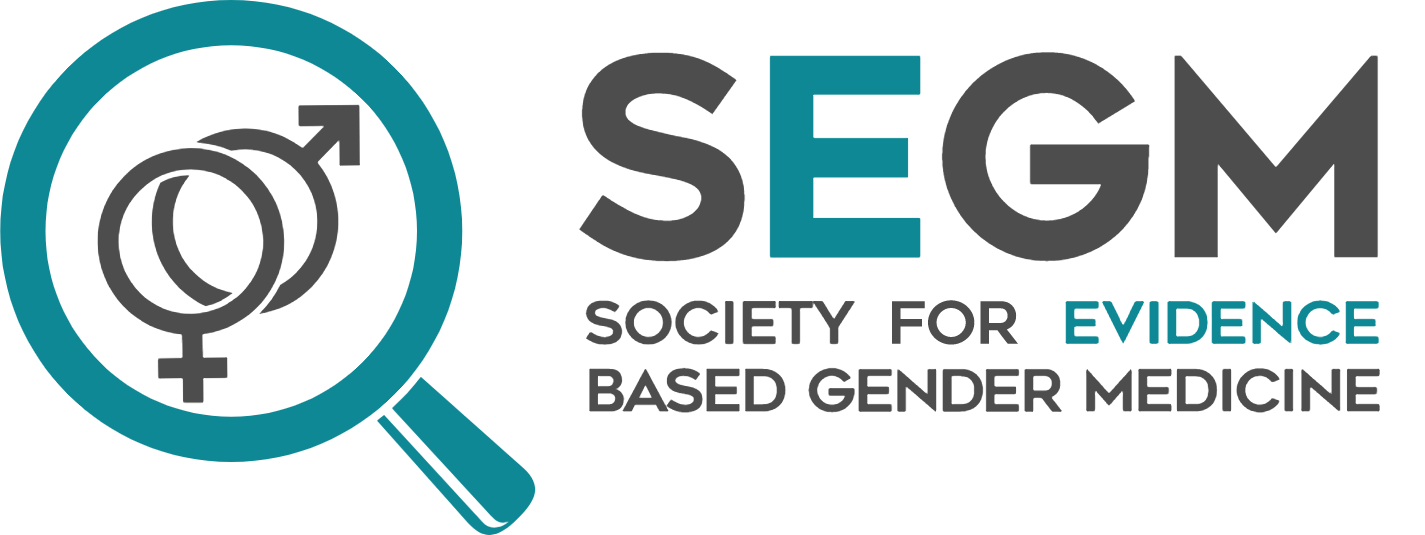The Society for Evidence-based Gender Medicine (SEGM) has issued a paper refuting the claims made by The Australian Professional Association for Trans Health (AusPATH) in its recent paper.
On 26th June 2021 AusPATH renewed its commitment to what it calls ‘gender affirming care’, and what is really Opposite Sex Imitation Medicine (OSIM).
This announcement was seized upon by those who promote the medical imitation of the opposite sex as a treatment for incongruent gender ideation.
SEGM conducted “close and independent inspection of the references” and revealed that AusPATH “relies on poor quality research, fails to highlight the methodological limitations of most studies and at times misrepresents or exaggerates the research findings and conclusions. AusPATH also mischaracterises psychotherapy for gender dysphoria as potentially harmful.”
A PDF of the full SEGM response can be found with this link.
The new publication from SEGM includes the following call for changes in policy:
SEGM calls for robust testing of the harms and benefits of all parts of the gender-affirming pathway, so that in the future, patients can have reliable data about what works, for whom, why, when and how often. More work comparing the clinical and cost-effectiveness of different models and modalities is required. In the meantime, SEGM recommends avoiding the pharmacological and surgical risks of gender-affirming treatments, except within rigorous research contexts that are approved and monitored by the appropriate Human Research Ethics Committee.
The Society for Evidence-based Gender Medicine
Key points addressed in the SEGM review are:
Social Affirmation – most young people desist and the evidence of any merits of affirming a child’s incongruent gender identity is poor and contradicted by more recent research.
Medical and Surgical Affirmation – proponents of Opposite Sex Imitation Medicine have frequently cited ‘The Dutch Protocol’ – however, this model of treatment was built on limited evidence from a completely different cohort of patients to that seen in the modern adolescent craze. The Dutch model has in recent months come under much scrutiny and its original authors have sought to distance themselves from its application to the teenage cohort.
Evidence of Unwanted Risks and Harms – Opposite Sex Imitation Medicine comes with risks of “significant physical harm from medical interventions for gender affirmation, including significant impacts on the heart, bones, brain, immune system, fertility, endocrine system and more”. There is also the risk of regret and of detransition.
SEGM also says:
SEGM acknowledges the limited evidence base for psychotherapy for gender dysphoria and calls for well-designed clinical trials that evaluate all potential treatment options. Until such time as the evidence base is of sufficient quality, SEGM recommends avoiding the pharmacological and surgical risks of gender-affirming treatments, except within rigorous research contexts that are approved and monitored by the appropriate Human Research Ethics Committee.
The Society for Evidence-based Gender Medicine
This view is shared by Our Duty, although we would add that the recent ten years of uncontrolled experimentation with Opposite Sex Imitation Medicine means that there is sufficient evidence for that treatment pathway. Consequently, there is almost certainly no need to continue offering such treatment until the evidence is in for alternative methods.

